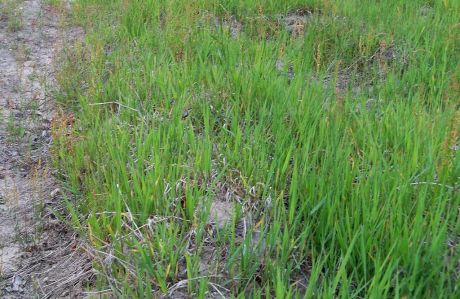
Researchers are investigating a range of semi-natural habitats on farmland to determine their contribution to agricultural productivity and how best to exploit their services.
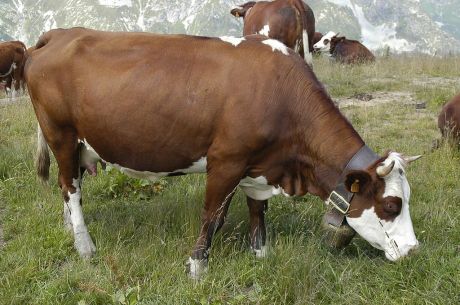
Worldwide demand for meat is constantly growing and in order for demand to be met, farms are growing more than ever before leading to less time available for contact of the farmer with the individual animals. An EU initiative aims to analyse the added value of technology that provides automatic round-the-clock monitoring of animals to mitigate the negative socioeconomic and environmental consequences.
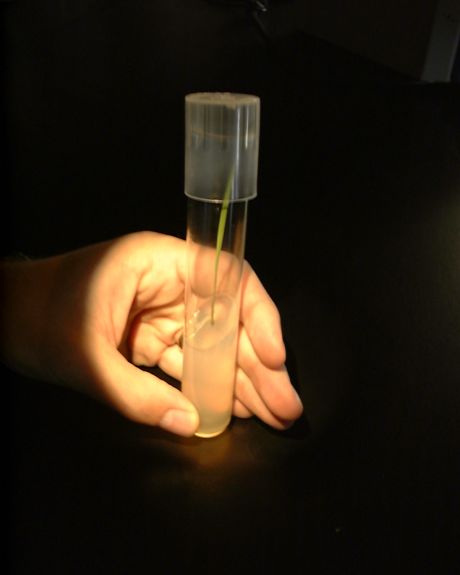
An EU project is taking the steps needed to establish a European research network in the field of genetically modified organisms (GMOs) for health, environment and society.

EU researchers have developed an advanced food packaging system that reduces food waste and contamination, and limits the future environmental costs of packaging materials.
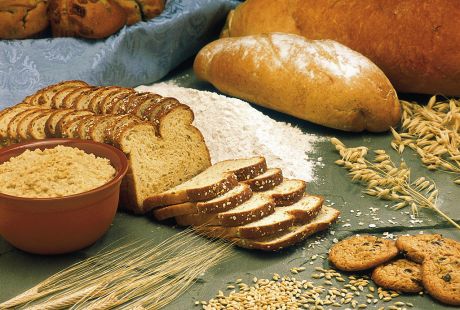
Bread products are in demand every day of the year, and this high demand has changed breadmaking industry processes. Researchers are working to improve the specialised equipment called climatic chambers.

An EU-funded initiative is investigating how Europe's agriculture can adapt to the environmental impacts of climate change.
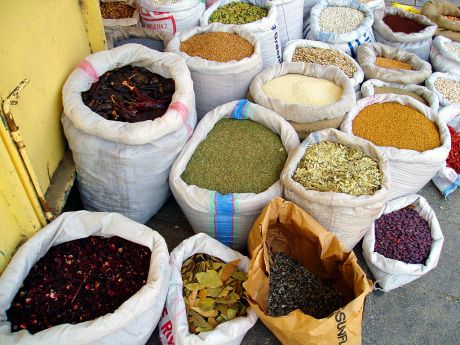
The dried food industry in Europe is in decline because of mounting concerns over quality and consumer demands. An EU initiative aims to reverse the trend and boost competitiveness by developing innovative technology to dry products while maintaining quality.
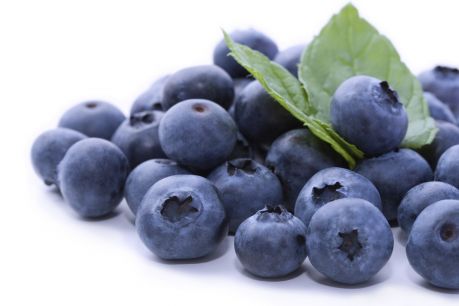
An EU team is developing smart packaging for food that visually responds to chemical and temperature changes indicating spoilage. A combination of materials and sensors detect ethanol and other substances and report to special scanners.
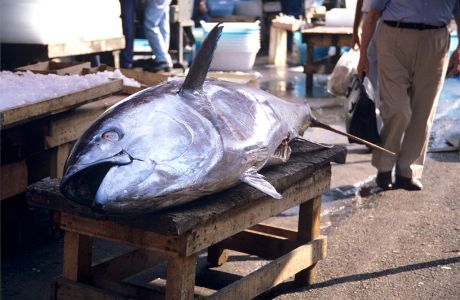
Europe's fish biologists have investigated the gregarious behaviour of tuna around floating objects. This information will contribute to sustainable fisheries management.
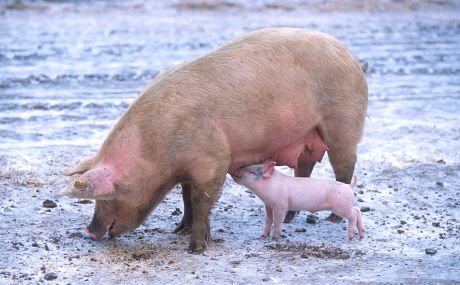
An EU-funded project has validated new technologies for reducing pathogen, reducing mortality and improving life-time growth performance, maternal immune transfer and meat quality in pig and poultry.

Researchers are investigating a range of habitats next to farmland to determine their contribution to agricultural productivity and how best to exploit their services.
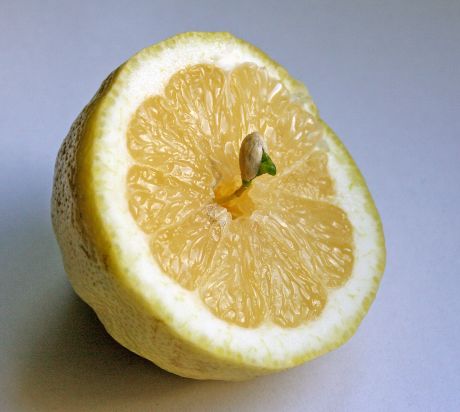
European researchers have investigated a highly significant biochemical process in plants that when modified will improve cropping – glycosylation.

How the EU political system has been able to manage the interests of organised agricultural lobbying groups provides insights into processes of policy creation and reform within the EU.
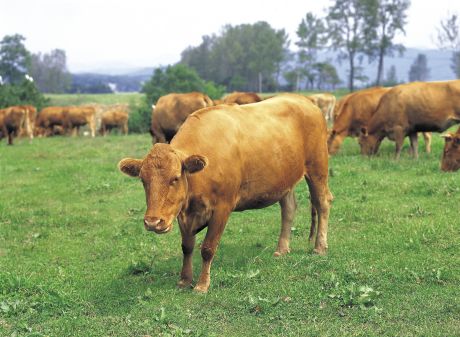
Agriculture faces numerous challenges when it comes to conserving natural resources such as water and phosphorus, and maintaining soil fertility and biodiversity. An EU-funded project will help alleviate environmental problems in crop and livestock production by designing innovative mixed farming systems (MFSs).
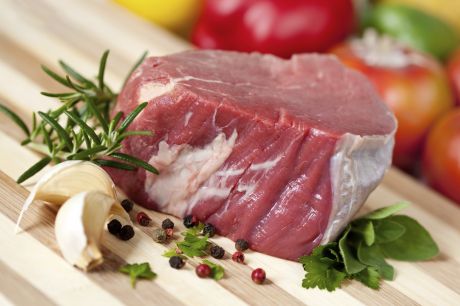
An automated meat quality assessment method may add value to mechanically deboned meat products, by re-classifying them according to their quality.

Nutrition-related diseases are responsible for millions of lost healthy life years. EU-funded research is working to reduce this burden through a study of the interplay and impact of the main drivers of dietary behaviour and food choice.
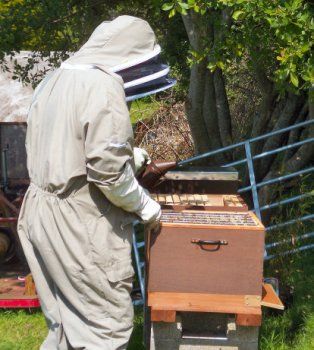
New tools for beekeepers to monitor the health and status of bee colonies remotely may benefit agricultural and honey industries by increasing productivity and pollination.
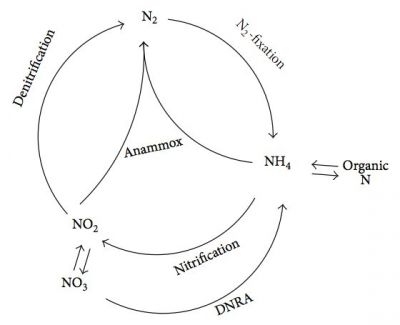
An EU project is investigating how plants in different ecosystems affect nitrogen cycling in the soil of that ecosystem.
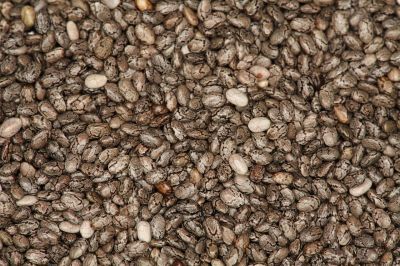
The way in which a plant disperses its seeds is expected to significantly influence its geographic distribution and level of adaptation to the local environment. However, this hypothesis has not been empirically tested nor is it clearly understood why closely related organisms differ in their dispersal behaviour.
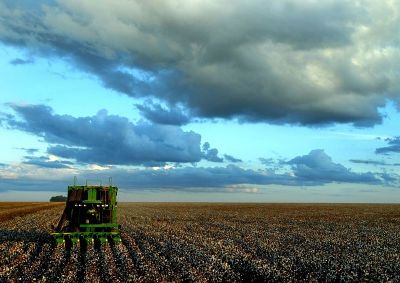
Policymakers rely on predictive models. An EU initiative has developed a comprehensive, tailor-made modelling platform for agriculture that provides a clearer picture of the effects of agricultural policies and uncertainty on farmers and their decisions.
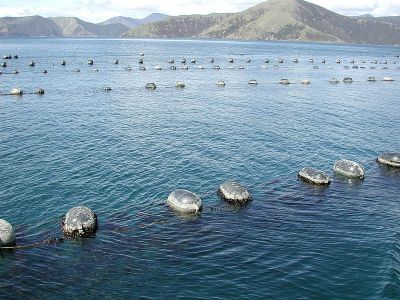
The European mussel industry has been held back by substandard product qualities, which leads to increased wastage. Scientists used new technology and best practices to overcome challenges in the supply chain, thus minimising wastage and improving profitability.
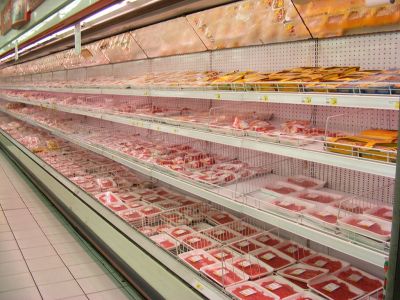
Despite stringent safety and hygiene standards, meat and poultry products can be vehicles for food-borne illnesses. A nine-member EU-funded consortium is developing a new decontamination process for packed meats to ensure meat safety without compromising taste and nutritional content.
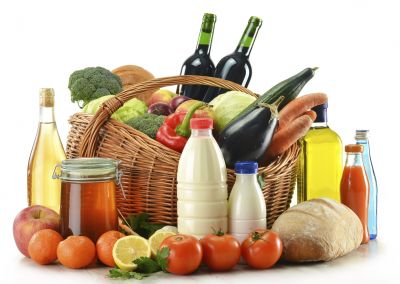
Researchers have developed new technologies to monitor and control food contamination during processing, without compromising taste or nutritional value.
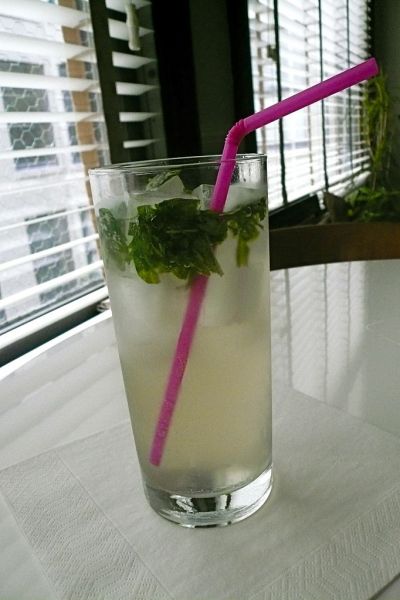
Enriching commonly consumed foods with bioactive ingredients may help promote health and curb disease risk. To support such product innovation, PATHWAY-27 will define best practice from food conception to health impact testing and claims dossiers.
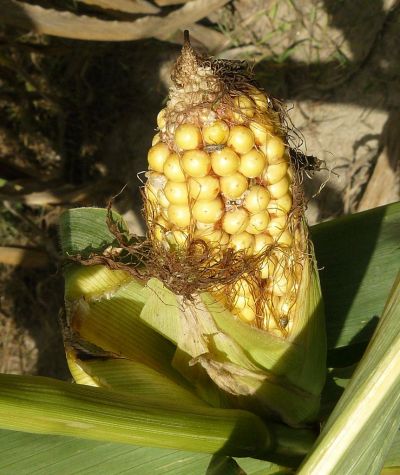
Researchers aim to improve food security by converting inefficient photosynthetic pathways in some food and fuel crops into pathways used by highly productive crops like maize.
























